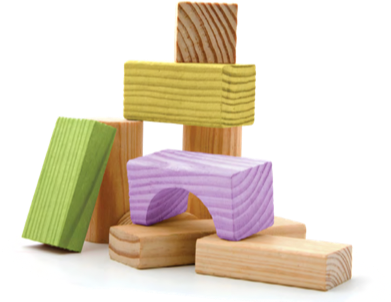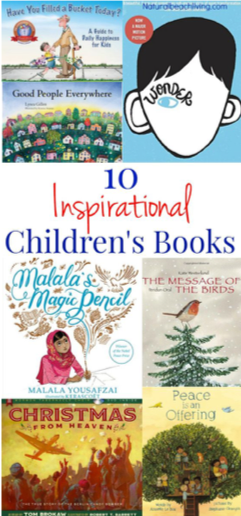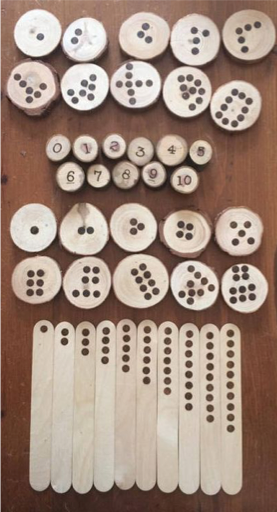
Excerpts:
The Ontario Kindergarten Program consists of 4 Frames for Learning:
Self-Regulation and Well-Being
Demonstrating Literacy and Mathematics Behaviours
Problem Solving and Innovating
Kindergarten is about giving children a strong start in school and in life – by providing four- and five-year-olds with an engaging, inquiry and play-based learning program. Children learn through a variety of learning activities that help them investigate, problem solve and collaborate. When learning at home, parents should work to replicate this playful learning environment as much as possible.
Here are some simple ways you can help your child learn:
● Make learning a regular part of your activities at home (e.g., talking with your child about the world around them, playing games together, cooking together).
● Talk to your child’s educators about other ways you can support your child at home.
● Maximize learning through capitalizing on your child’s interests – make learning an important part of family conversation. For example, if your child is interested in trucks, help them find everything you can about trucks, read books about trucks, find the different shapes in trucks, count trucks, and include tucks as a part of art, but most of all take an interest in trucks with your child.

● Help your child learn by listening to them and asking questions (supporting their learning) instead of telling your child about things and giving simple answers.
Supporting your child’s Reading and Writing
Make reading fun!

Cuddle up and read. Quiet times together are opportunities to bond and read. Put some excitement into your voice. As you go, explain any new words or ideas. Talk about the pictures. We want reading to be fun and not a chore, don’t worry about flash cards – just spend more time reading together.
Be a reading/writing role model. You need to read and write in front of your children. When your children see you reading, they will want to imitate you and will see reading and writing as a fun family activities.
Make writing a part of your day. Make writing a part of your day – write letters to family and friends with your child. Encourage them to write down their ideas and stories (as best they can).
There are many sites offering free books for children to read. Audible has made their library available for families to listen to books together, YouTube has many people doing read alouds and you can find print books for free here.
Supporting your Child’s Mathematical Thinking
Build strong, positive attitudes about math – Math should be fun!
When children feel positive and successful about anything, they are more likely to stick with it and to want to incorporate those things into their lives.
Talk and movement help with counting. When children are learning to count, they like to touch, point to and move objects as they say the number aloud – so encourage them and find different objects to count throughout your home.
Organize household items. Encourage your child to organize their toys or other household objects into some type of order (e.g., taller and shorter, shape, volume, colour etc.).
Games can be great learning tools. Board games or card games are a fun way to practice mathematical thinking.

Learning in the 4 Frames
Demonstrating literacy and mathematics behaviours is only one of the four frames
Kindergarten is a comprehensive program. Kindergarten is about supporting the whole child and literacy and math are only one part of children’s learning. In Ontario, we think of children’s learning through the lens of four frames – Belonging and Contributing, Self-Regulation and Well-Being, Demonstrating Literacy and Mathematics Behaviours and Problem Solving, and Innovating. All frames need to be nurtured.
Use the language your child knows best. If you and your child are more comfortable in a language other than English, you should use it. Your child will understand math concepts better in the language that they know best.
Read more @ https://kindergartenlearning.ca
“This site is designed to help families support the learning of their young children at home in a way that is consistent with the Ontario Curriculum and will help your child learn in a fun and engaging way.”
Questions?
Email Dr. Jeffrey Wood
jwood@laurentian.ca